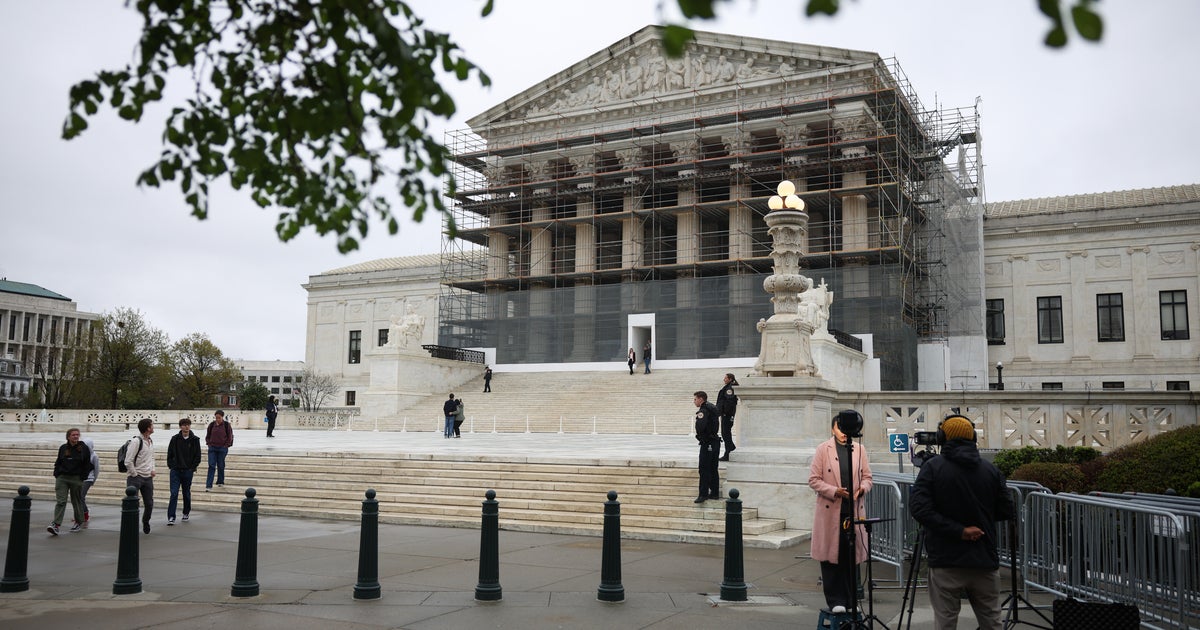In Washington, the Supreme Court is currently engaging in deliberations that could potentially reshape the landscape of public education and religious involvement therein. At the heart of this legal storm is a case from Oklahoma, which deals with a prospective Catholic charter school, known as St. Isidore of Seville Catholic Virtual School. This institution, pioneering in its claim for public funding while maintaining a religious charter, could initiate a landmark shift in the way religious schools are funded in the United States.
Charter schools have been a part of Oklahoma’s public educational landscape since 1999, defined legally as nonsectarian entities concerning their programs, policies, and operations. Upwards of 30 charter schools operate within the state, collectively serving more than 50,000 students with significant state and federal financial support. In January 2023, in a joint venture by the Archdiocese of Oklahoma City and the Diocese of Tulsa, St. Isidore of Seville Virtual Charter School Inc., was established, marking an effort to integrate Catholic religious education within the public charter school framework. By May, an official application for the establishment of the school was submitted, promising a curriculum steeped in Catholic doctrine. The school anticipated an enrollment that could generate around $2.7 million in state funding in its initial year.
The proposal, however, was met with substantial opposition. Oklahoma’s Attorney General, Gentner Drummond, expressed significant reservations, suggesting that the integration of such a distinctly religious institution into the publicly funded charter school system could potentially open a “slippery slope” wherein taxpayer dollars might fund schools that might espouse doctrines “diametrically opposed” to those of other taxpayers. In October 2023, the state’s charter school board controversially approved the application with a narrow 3-2 vote. Subsequent legal actions by Drummond led to a ruling by the Oklahoma Supreme Court against the establishment of St. Isidore as a charter school. The state court’s decision emphasized the inherently public character of charter schools, arguing that their funding and oversight by the state entailed a secular instructional mandate, as per both state law and the First Amendment’s Establishment Clause.
This local decision did not mark the end of the debate but served as a prelude to a critical examination at the national level, as the case was escalated to the U.S. Supreme Court. The federal court, currently dominated by a conservative majority, has displayed in recent years an increasing favorability towards cases advocating for religious rights in public funding contexts. Through decisions ranging from playground resurfacing grants to publicly funded scholarships, the Supreme Court has consistently expanded the scope of religious entities’ access to state resources.
During the deliberations on St. Isidore’s charter school application, the pivotal concerns articulated by justices highlighted the complex interplay between state involvement in charter schools and religious freedom protections. Justice Brett Kavanaugh pointed out what he termed “rank discrimination” against religious entities in public programs open to other private actors. Conversely, liberal justices including Elena Kagan and Sonia Sotomayor underscored the implications for the foundational separation of church and state, emphasizing the inherently public and state-run nature of charter schools.
Chief Justice John Roberts, potentially the deciding vote in a court absent Justice Amy Coney Barrett—who recused herself possibly due to affiliations with Notre Dame Law School’s Religious Liberty Clinic participating in the case—focused his inquiry on the extent of state management and funding in charter schools compared to other public education mechanisms previously reviewed by the court.
Both sides of the debate have entrenched legal interpretations and far-reaching implications. Supporters of St. Isidore, including notable Oklahoma political figures, argue that the school’s exclusion from state programs constitutes religious discrimination. Detractors, including some legal experts and the current Attorney General, warn of a substantial reinterpretation of the Establishment Clause that could disrupt educational funding across the nation, blending religious indoctrination with public schooling resources, thereby eroding the secular principles foundational to public education and its funding.
As this significant case proceeds, its outcomes are set to potentially redefine the parameters of religious involvement in publicly-funded education, testing the robustness of the wall separating church and state in the American educational landscape. A decision, expected by the latest in early July, will likely have lasting implications not only for Oklahoma but for the entire nation, influencing future debates and legal battles over the intersection of education, public funding, and religious freedom.









